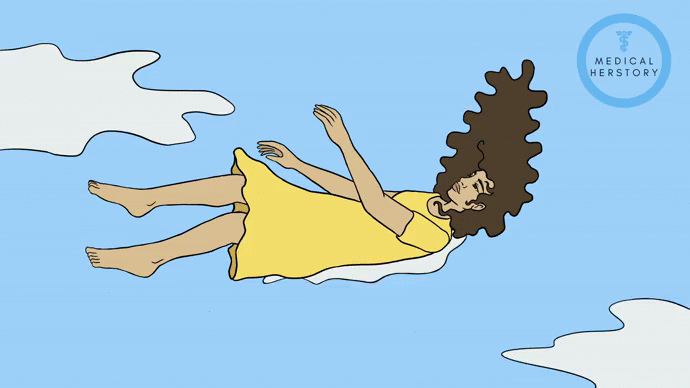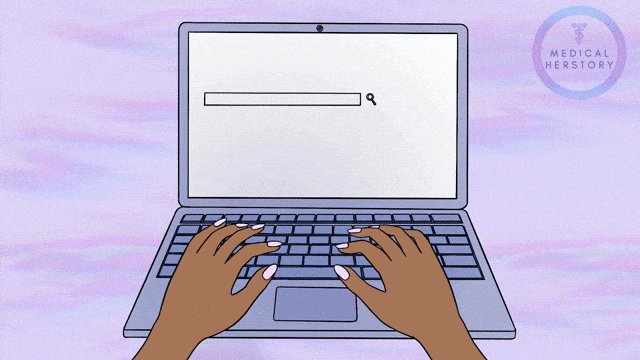One year after a person’s last period is called post-menopause — the change after “the change.” What I didn’t know, because no one talks about it or tries to sell me products in relation to it, is that there is a stage after post-menopause. I call it post-post-menopause, a non-medical term that I like to throw around because, frankly, it more accurately describes my present-day body and life.
I am seven years out since my last period. My body has changed again, and seems to be changing every day. Ironically, the last time I experienced this kind of on-going transformation, I was pregnant. This metamorphosis is driven by my anatomy’s lack of estrogen, the hormone responsible for my period and pregnancy. I have un-cycled.
My skin and tissues are dry like paper. I have lost hair on my legs and arms. I’ve gained weight that is extraordinarily hard to lose. I am prone to naps.
There’s no instruction manual to guide me through post-post-menopause; and every body is different: crowd-sourcing would be a fail. I wasn’t expecting this level of change; each day requires an adjustment, a reckoning, and acceptance.
It’s a lot, but it’s also nuanced, and in some ways, a big win. I am no longer a target for marketing departments except for the ubiquitous anti-wrinkle and anti-aging products, created, of course, to reverse the outward signs of getting older. Corporations now consider me “mature.” I’ve stopped caring about what other people think of me. I take more creative risks.
I’m digging this stage. My evolution is a delicious secret. Surely, there are tell-tale signs: white hair, thinning eyebrows, the moon-shaped creases around my lips; my hands and chest are mapped with lines. But to me, a more obvious outcome is the substantial shift in my lifestyle. At the age of 56, I decided to go back to school for my Master’s degree; I changed my job; I’ve made new friends. My time is spent much differently than it was four years ago. I’ve seen others my age make these kinds of alterations. A person’s post-post-menopausal life may range from retirement to meaningful volunteer work to training for a triathlon: a delicious eclectic panoply. I am no longer defined by motherhood or the work I used to do.
I have spent hours and hours of my life talking with other women about our periods, pregnancy, sex, and menopause; few subjects were left off the table. These conversations began early—in the Girls’ Room at school, on long phone calls, and in dorm rooms; at water coolers, while pushing babies in strollers, and on lines with strangers getting coffee. Women talk to each other. At least, that’s been my experience.
What strikes me about post-post-menopause is our lack of conversations about it. I’m not sure why we’re not talking. A part of me thinks that because I have turned back to myself and am so immersed in my own needs, that I don’t feel the urge to talk about it. But that’s just a guess. I’m thinking on it, and starting to have a few conversations to gain a better understanding of the quiet surrounding this part of my and other women’s lives. I know several women who are in their seventies and eighties, and a few in their nineties. They do talk to me about their bodies and lives and the stages they are in —post-post-post-menopause — and the sense they have of being in a much bigger cycle.
Story by H.E. Fisher, New York, USA


